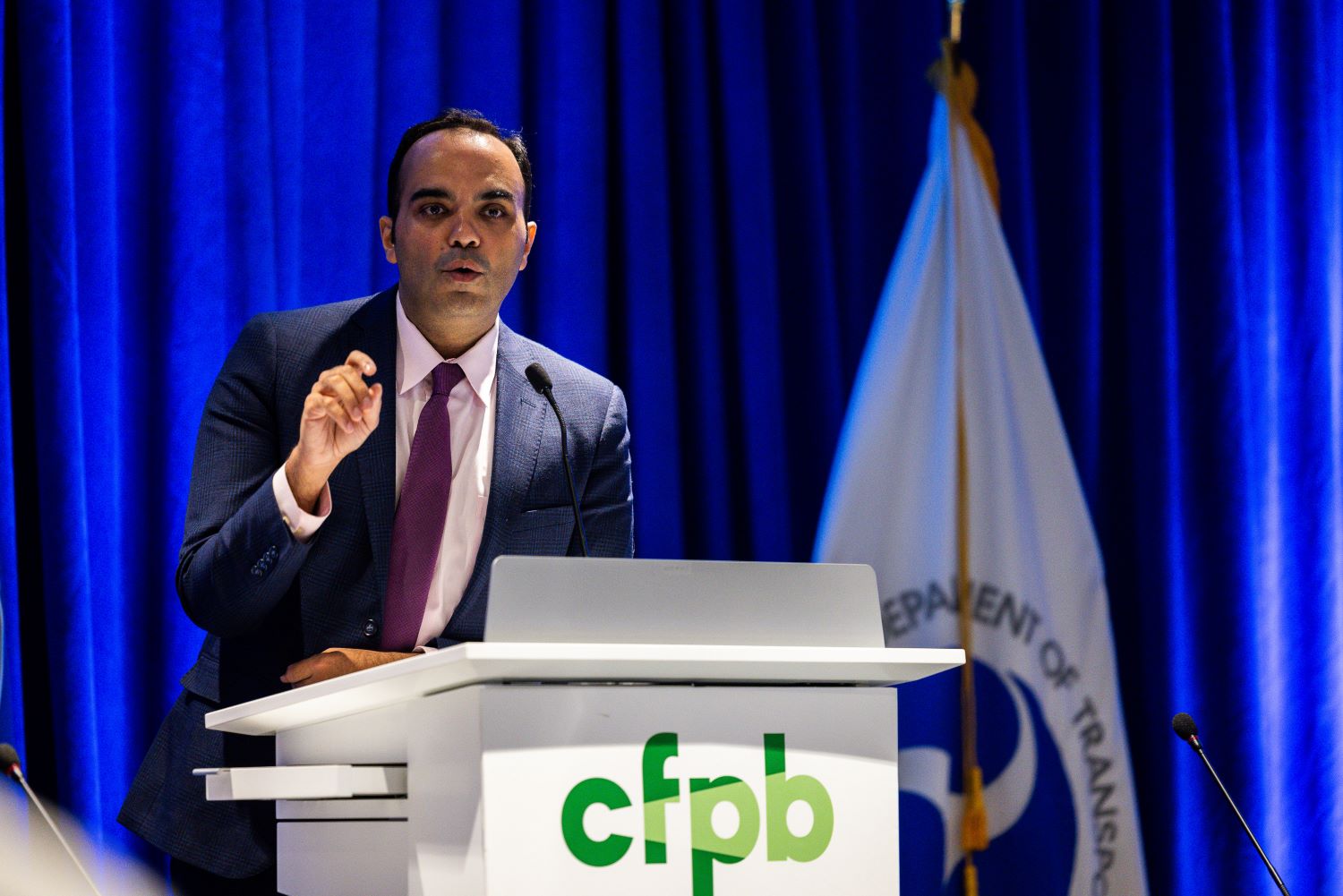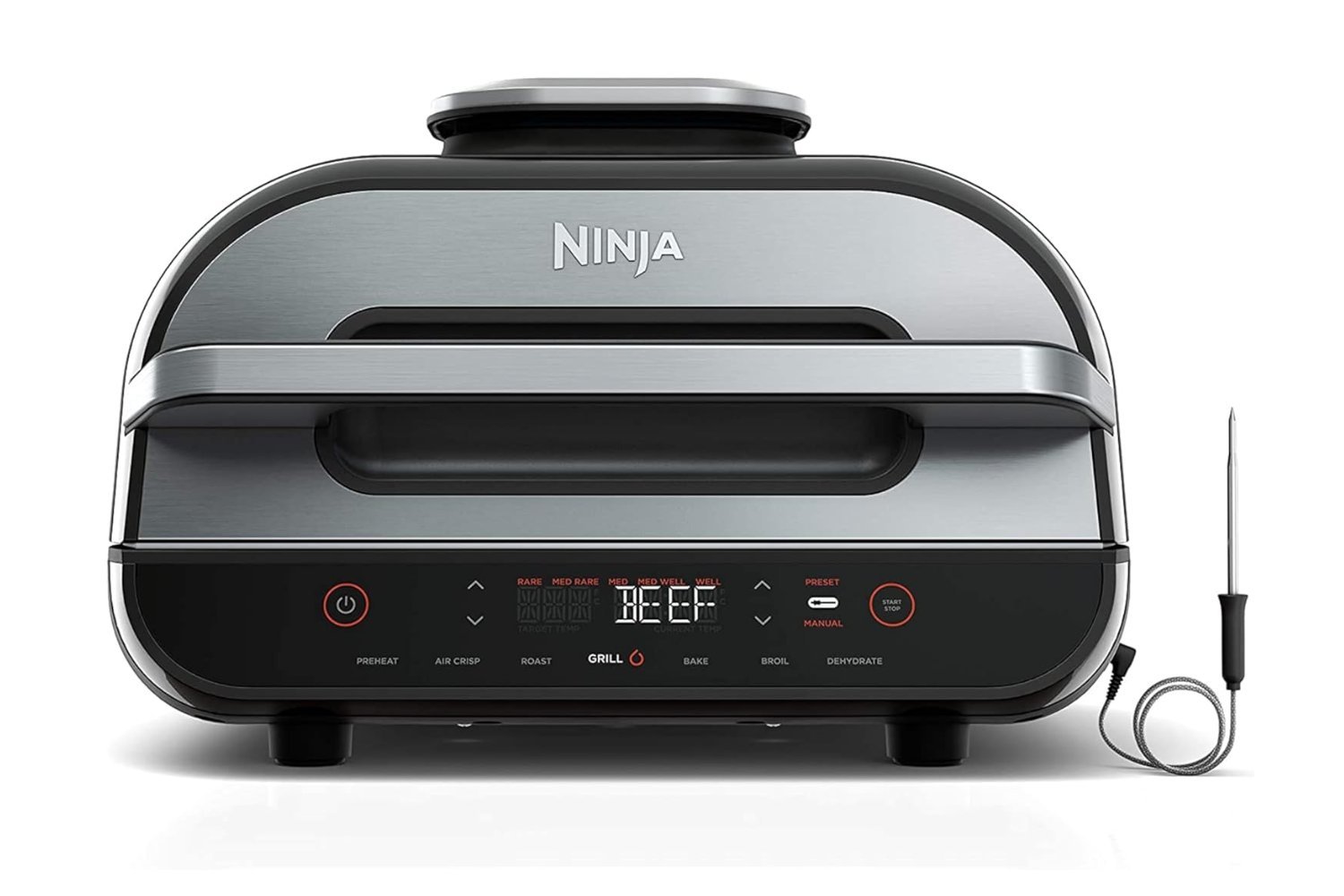This week, a significant milestone was achieved when Nvidia became the first company to surpass a $4 trillion valuation, marking an unprecedented feat in history. This astronomical figure is so substantial that it surpasses the entire economic output of Germany or the United Kingdom, leaving many to wonder about its implications. As Wall Street celebrates this accomplishment, the rest of us are left pondering the question: what does this mean for everyone else?
According to Jensen Huang, Nvidia’s CEO, the significance of this achievement extends beyond mere stock prices; it represents a profound transformation of our world. The crux of the matter lies in understanding why Nvidia has become so crucial. In simple terms, Nvidia is responsible for creating the “brains” behind artificial intelligence, manufacturing advanced chips known as GPUs that power AI applications, including ChatGPT and complex models developed by Google and Microsoft. Essentially, Nvidia is supplying the essential tools for the global AI gold rush, catapulting the company to its current position as the most powerful entity on the planet.
In a comprehensive interview with CNN’s Fareed Zakaria, Huang, the founder of Nvidia, elaborated on the impact of this new AI era, powered by his company’s chips, on ordinary people. He provided insights into the far-reaching consequences of AI on various aspects of society, including employment and healthcare.
AI’s Impact on Jobs
Huang was candid about the effects of AI on the job market. “Every job will be affected,” he stated, acknowledging that some positions will disappear while others will emerge. He expressed hope that the significant boost in productivity resulting from AI would lead to an overall richer society, despite the potential for painful disruptions along the way.
Huang recognized the high stakes involved, citing a World Economic Forum survey that found 41% of employers plan to reduce their workforce by 2030 due to AI. Within Nvidia itself, the use of AI is not just encouraged but mandatory. One of Huang’s most striking assertions was that the future of AI depends on America’s ability to re-establish its manufacturing sector. He surprisingly endorsed the Trump administration’s efforts to re-industrialize the country, viewing it as both a shrewd political move and an economic necessity.
“The ability to create things is invaluable for economic growth and a stable society, where people can build fulfilling lives and careers without needing a PhD in physics,” Huang said. He believes that bringing manufacturing back to the United States will enhance national security, reduce dependence on foreign chipmakers like Taiwan’s TSMC, and create high-paying job opportunities for workers without advanced degrees.
This stance aligns with Trump’s “Made in America” push and tariffs, representing a rare moment of agreement between Big Tech and the MAGA world.
AI’s Potential in Medicine
In one of his most optimistic predictions, Huang described AI’s potential to revolutionize medicine. He believes AI tools will accelerate drug discovery, unlock the secrets of human biology, and even help researchers cure all diseases.
“Over time, we’ll have virtual assistant researchers and scientists helping us essentially cure all diseases,” Huang said. AI models are already being trained on the “language” of proteins, chemicals, and genetics, and Huang predicts that we will soon see powerful AI partners in labs worldwide.
The Emergence of Intelligent Robots
According to Huang, the technology for physical, intelligent robots is already available, and we can expect to see them in the next three to five years. He refers to these robots as “VLA models,” short for vision-language-action, which will be capable of seeing, understanding instructions, and taking action in the real world.
The Dark Side of AI
Huang did not shy away from addressing the controversies surrounding AI, such as Elon Musk’s chatbot Grok spreading antisemitic content. He acknowledged that “some harm will be done” but urged patience as safety tools improve. Many AI models already use other AIs to fact-check outputs, and the technology is advancing rapidly.
Huang’s bottom line is that AI will have an overwhelmingly positive impact, even if it gets messy along the way.
Our Perspective
Jensen Huang talks about AI’s potential to cure diseases and reshape the workforce. However, what remains unspoken is that every transformation he describes is driven by Nvidia, which manufactures the chips, sets the pace, and now, with a $4 trillion valuation, has the leverage to steer the AI era in its favor. We’ve seen this scenario unfold before, where tech giants make utopian promises, capture the infrastructure, and then dictate who gets access and at what cost. From Amazon warehouses to Facebook news feeds, the pattern is always the same: consolidation, disruption, and control.
The AI hype machine continues to sell the idea of inevitability. However, behind the scenes, this is a story about raw power. Nvidia is becoming a gatekeeper for what’s possible in science, labor, and security, and most of us didn’t have a say in the matter. Huang admits that harm will occur, but history shows us that when companies promise to fix the world with technology, the harm tends to affect the same people every time.
Source Link





